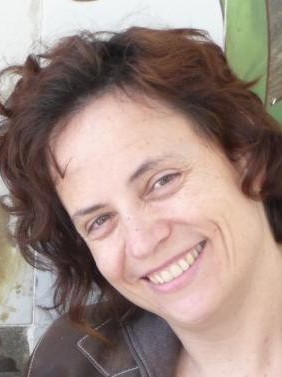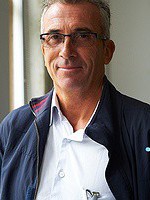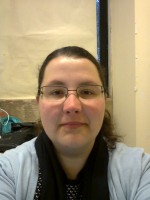resumo
In this work a first attempt was carried out to recover phosphorus from the organic fraction of municipal solid waste (OFMSW) and to transform it into a fertilizer. Recovery of phosphorus was carried out by the electrodialytic process combined with struvite formation. Experiments were carried out in an electrodialytic cell, using either distilled water or nitric acid, and extraction times ranged from 1 to 16days. During these experiments phosphorus was solubilised from a real industrial waste and separated from metal contaminants using electromigration. The extraction step was then followed by batch chemical precipitation tests to yield struvite. Phosphorus extraction from the waste was up to 43% in the electrodialytic treatment and its precipitation as struvite reached efficiencies close to 100%. The electrodialytic process effectively separated Ca, Cd, Pb, and Cu from the phosphorus fraction, but was not as effective in separating Zn. Struvite still contained 0.6-1.4gkg-1 of Zn, which restricted its agronomic application to some cultures. This works shows that phosphorus can be extracted from digestate of OFMSW using the electrodialytic process and afterwards can be precipitated as struvite, a slow release fertilizer. Despite this work being only a first attempt to recover phosphorus from digestate of OFMSW and still requires optimisation, the potential of the process was demonstrated, which means digestate of OFMSW currently represents a so far under-explored secondary source of phosphorus. © 2018 Elsevier Ltd.
palavras-chave
Anaerobic digestion; Extraction; Fertilizers; Phosphorus; Precipitation (chemical); Recovery; Chemical precipitation; Digestate; Electrodialytic treatment; Organic fraction of municipal solid wastes; Phosphorus fractions; Phosphorus recovery; Slow release fertilizers; Struvites; Municipal solid waste
autores
Oliveira, V; Labrincha, J; Dias-Ferreira, C
nossos autores
agradecimentos
The authors would like to thank Robert C. Pullar for carrying out SEM-EDS. Célia Dias-Ferreira and Verónica Oliveira gratefully acknowledge FCT _ Fundação para a Ciência e para a Tecnologia for financial support (SFRH/BPD/100717/2014; SFRH/BD/115312/2016).




